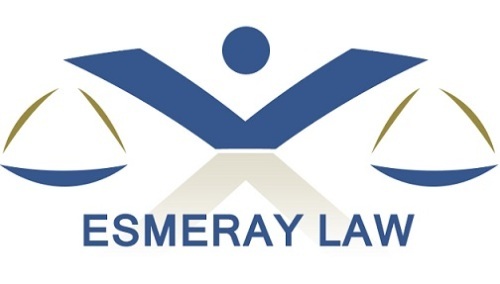
|
Esmeray Law Office
|
Energy Law Consulting in Turkey
| Payment Terms: | T/T |
|
|
|
| Add to My Favorites | |
| HiSupplier Escrow |
Product Detail
representing the investor-owned utilities and start-up independent power producers, advising clients on various energy related matters including comme
Rather than being a refined and integrated legal field of law, energy laws are characterized by a lack of basic principles or integrative systems. It has evolved incrementally over time, in an essentially instrumental manner, reactive to perceived needs to find sources of energy to consume. Energy law facilitates the development of whatever energy system is possible in light of available technology. Its short-term goal is always to supply electricity or such other basic fuels as each society requires. Energy laws govern the use and taxation of energy, both renewable and non-renewable. Most commonly used non-renewable sources of energy are oil and petroleum products, natural gas, coal, and uranium.
The Ministry of Energy and Natural Resources (MENR) is charged with primary responsibility over the energy sector. Established in 2001, Turkish Energy Market Regulatory Authority (EMRA) is an autonomous legal entity responsible for regulating and monitoring electricity, natural gas, petroleum and liquid petroleum gas (LPG) markets.
In line with country's economic growth and urbanization, energy demand and the need for new investment in energy market in Turkey has been increasing and the market becomes increasingly attractive for investors, domestic and foreign alike.
The primary energy consumption in Turkey has been steadily growing within the last decade and reached at 83.4 MTOE in 2010. In 2013, Turkish economy consumed 245.4 billion kWh electricity and 45.6 BCM natural gas. A glance at per capita production numbers shows that, Turkey still has lower per capita production levels compared to the averages prevail in OECD and EU countries.
Regulatory experience is a critical component in the successful structuring, development and financing of energy projects and in the acquisition, disposition and commercialization of energy assets. With our understanding of the statutes and regulations that affect the power, oil & gas, LNG and pipeline and electric transmission markets, we are able to help clients identify important regulatory considerations, develop strategies to address regulatory issues and implement those strategies.
Our services include:
• representing the investor-owned utilities and start-up independent power producers;
• advising clients on various energy related matters including commercial transactions, project development, finance, and all aspects of project permitting. Our work on energy projects includes projects fueled by natural gas, electricity, oil, coal, bio-diesel, LNG, geothermal, solar, wind, hydroelectric and other renewable technologies.
• assisting clients draft and negotiate contracts for the wholesale or retail purchase, sale, supply, transportation of power;
• representing clients in contract negotiations, transmission disputes, and rate matters;
• representing power purchasers and sellers in connection with electric interconnection and transmission agreements;
• mergers and acquisitions;
• representing project developers in connection with the acquisition and divestiture of generation assets;
• project development and finance;
• energy project construction disputes
• transmission rates and incentives, and generator interconnection;
• standards of conduct and affiliate rules;
• administrative litigation and dispute resolution.



